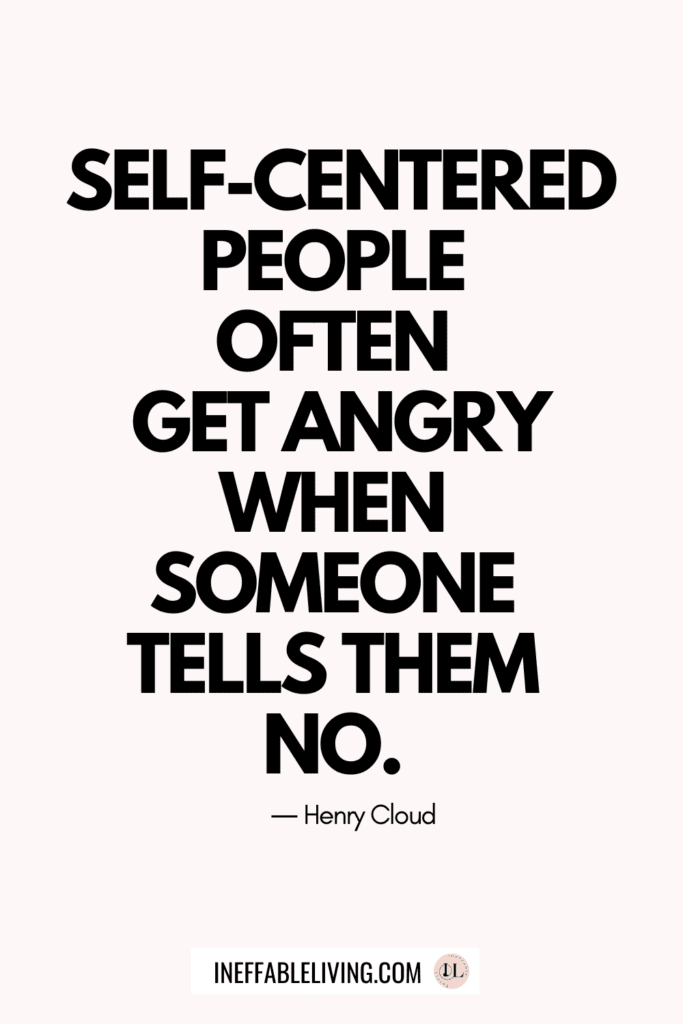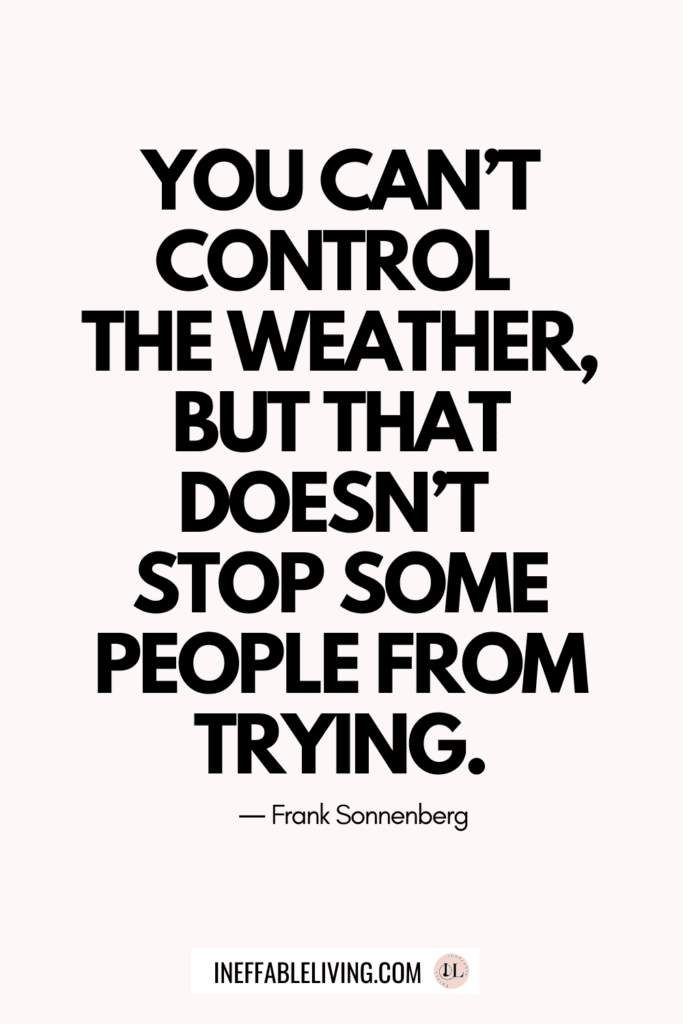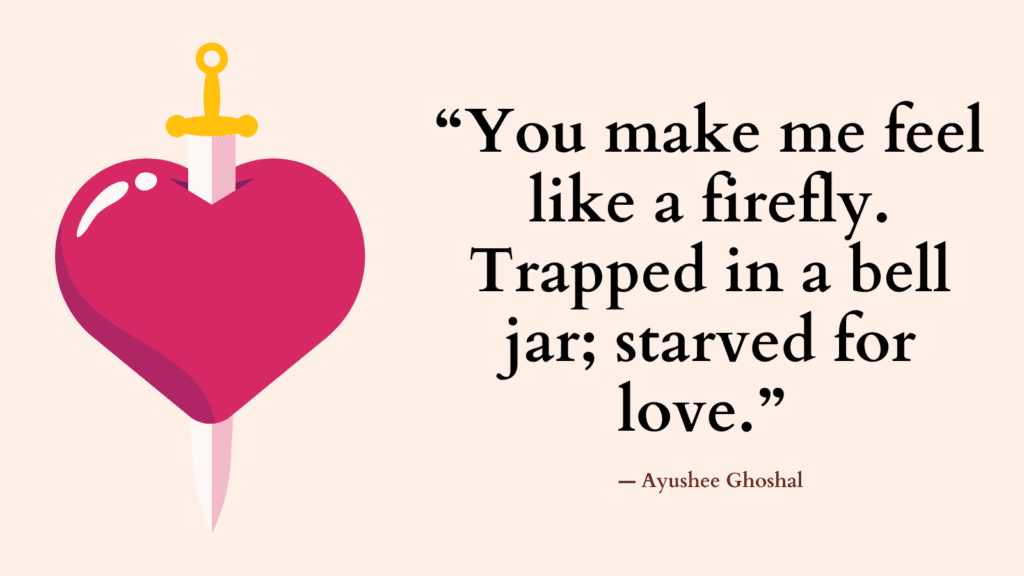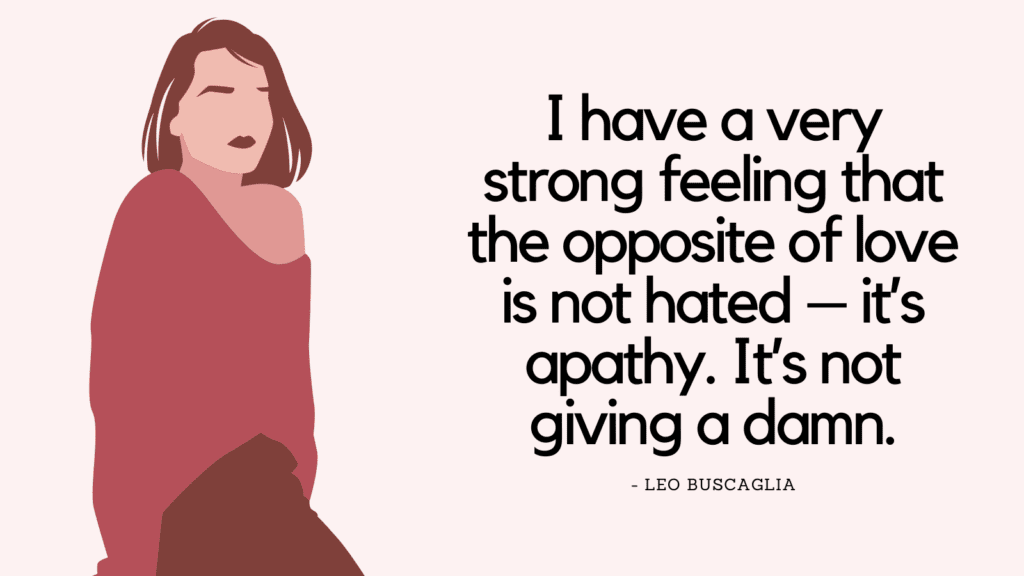This post contains some of the best controlling people quotes.
Controlling People Quotes
1. “Some people have abusive, negative, controlling tendencies in their blood; they are wired for havoc, bickering and deception.” – Bryant McGill
2. “Love is not controlling your loved ones’ behavior. Love knows that since the people you love share the same universal consciousness, they will access their truth in time.” – Cloris Kylie
3. “Don’t expect too much from others because people behave according to their perspective, not yours. Accept people as they are and avoid controlling them, only then they will give you their best.” – Hina Hashmi
4. “We have a lot of controlling people who are trying to tell us how to live our lives, and a lot of co-dependent people around us. We bump up against these people, too, when we’re trying to get on the spiritual path.” – Echo Bodine
5. “Abuse grows from attitudes and values, not feelings. The roots are ownership, the trunk is entitlement, and the branches are control.”― Lundy Bancroft
Related: Best 6 Ways to Let Go of Wanting to Control Everything
6. “True love is built on free will and free choice, not control and manipulation.” ― Ken Poirot
7. “You can’t manipulate people who know how to think for themselves.” ― Trish Mercer
8. “Control and manipulation are not love; the outcome is a life of imprisonment ultimately leading to deep-rooted feelings of resentment.” ― Ken Poirot

9. “Self-centered people often get angry when someone tells them no. ― Henry Cloud
10. “You always seek to control others when you are not in full ownership of yourself.” ― Cicely Tyson
11. “You can’t control the weather, but that doesn’t stop some people from trying.” ― Frank Sonnenberg
Related: Top 70 Detachment Quotes To Help You Let Go
12. “Domineering-types may appear omnipotent but, inevitably, will smother everything they love and lose all.” ― Stewart Stafford

13. “Attempting to constantly control everyone and everything around you is not only exhausting…it is also futile. The only real power you can achieve in this life is being in control of yourself.” ― Anthon St. Maarten
14. “Control leaves no room for trust.”― Glennon Doyle
15. “All you can do is try. You cannot control another’s reactions. And if you truly accept that, you’ll have peace no matter the outcome.” ― Melanie A. Smith
Related: Best 18 Self Compassion Journal Prompts (+FREE Worksheets)
16. “Emotional abuse is a non-physical behavior or attitude that controls, demeans, punishes or isolates a person.” — Dee Brown
17. “Controllers, abusers and manipulative people don’t question themselves. They don’t ask themselves if the problem is them. They always say the problem is someone else.” — Darlene Ouimet
18. “Emotional abuse is designed to undermine another’s sense of self. It is deliberate humiliation, with the intent to seize control of how others feel about themselves.” — Lorraine Nilon
19. “Abusive relationships are characterized by control games, violence, jealousy and withholding emotional contact. An emotionally abusive man is harder to pin-point and a skilled, abusive man can easily make you think you aren’t good enough or that everything is your fault. It is just as difficult to recover from emotional abuse as it is from physical abuse.” — Anonymous
20. “If you are in an abusive relationship, establishing boundaries may not be possible, as assertiveness in sharing your boundaries may not be even safe. And because the other person has a distinct agenda of controlling or even hurting you – you’ll just get laughed at – if you try to voice your limits. You may need to consider leaving that relationship safely.” — Dr. Margaret Rutherford
21. “Just because a person doesn’t put hands on you, that doesn’t mean they aren’t abusive. Abuse is control, blatant disrespect, and also hurtful words. Don’t settle for emotional abuse thinking it’s ok because it’s not physical.” — Anonymous
22. “Never let someone who contributes so little to a relationship control so much of it.” ― Anonymous
23. “True love is built on free will and free choice, not control, and manipulation.” – Anonymous
24. “People who feel the need to control others, don’t have control over themselves.” — Anonymous
Related: Top 8 Signs A Narcissist Is Stonewalling You
25. “In a controlling relationship, one person is the warden and the other is the prisoner.” — Mike Mchargue
26. “It’s never pretty when you leave an abusive and controlling relationship. The warden always protests when the prison gets shut-down.” — Steve Maraboli
27. “Controlling relationships are never based on love; they only exhibit lack of respect for their partner’s freedom and individuality.” — Anonymous
28. “If there is someone in your life that you can’t speak the truth to, and you walk on eggshells to avoid upsetting them, you are being controlled or manipulated.” — Anonymous
29. “Controlling relationships are not love; they are fear disguised as love.” — Anonymous
30. “Love doesn’t isolate. If you have to cut off good friends and family to please your partner, you’re not in a relationship. That’s slavery. A person only isolates you so they can control you.” — Anonymous
Related: Why Do Narcissists Ignore You? Top 7 Reasons
31. “The moment you start controlling your partner, know that you have already lost them.” — Anonymous
32. “He doesn’t have to hit you for it to be abuse. He can manipulate, belittle, humiliate, curse, blame, scream, ridicule, disrespect, and try to control you… Abuse gets worse over time. Get help now!” — Anonymous
33. “When a toxic person can no longer control you, they will try to control how others see you. The misinformation will seem unfair but rise above it, trusting that others will eventually see the truth, just as you did.” — Jill Blakeway
34. “Don’t argue with controlling partners. They think they are authorities in everything, even in your life. They always have to be right. You could present them with a silver-lined platter of evidence that they are wrong about something, and they won’t see it, because they can’t ever be wrong and things can’t go any other way but theirs. They would rather throw out a relationship than ever admitting they are wrong.” — Anonymous
35. “Abuse is a control tactic. It’s aim is to break you and make you submit.” ― M. Wakefield
Related: Narcissistic Breadcrumbing: Top 8 Signs

How To Deal With Controlling People?
Dealing with controlling people can be emotionally draining and detrimental to your well-being.
Whether it be a partner, family member, friend, or colleague, understanding how to navigate these relationships is essential for maintaining your autonomy and emotional health.
1. Recognize the Signs of Control
The first step in dealing with controlling people is recognizing the signs and patterns of their behavior.
This may include excessive monitoring, manipulation, micromanagement, guilt-tripping, or constant criticism.
Awareness of these behaviors allows you to distinguish between healthy influence and unhealthy control.
2. Develop Self-Awareness
Building self-awareness is crucial when dealing with controlling individuals.
Understand your own vulnerabilities, triggers, and reactions to their behavior.
By cultivating self-awareness, you can respond more assertively and confidently, rather than allowing their control to manipulate your emotions.
Related: Narcissist Blame Shifting: Top 5 Examples and How to Deal With It
3. Establish Boundaries
Setting clear boundaries is essential for protecting yourself from excessive control.
Communicate your limits and define what is acceptable and respectful behavior.
Remember that boundaries are not meant to be compromised, and it is crucial to reinforce them consistently.
Be prepared for potential resistance from the controlling person, and stand firm in your boundaries.
4. Practice Assertive Communication
Assertive communication is a key skill in dealing with controlling people.
Use “I” statements to express your feelings, thoughts, and needs clearly and directly.
Maintain a calm and composed demeanor, and avoid becoming defensive or aggressive.
By expressing yourself assertively, you assert your rights and demonstrate your willingness to engage in open dialogue without compromising your autonomy.
Related: How To Set Boundaries With A Narcissist?
5. Educate Yourself on Manipulation Tactics
Controlling individuals often employ various manipulation tactics to exert their control.
Educate yourself on common manipulative techniques, such as gaslighting, guilt-tripping, or playing the victim.
By understanding these tactics, you can recognize them when they occur and resist falling into their traps.
6. Seek Support from Trusted Individuals
Dealing with controlling people can be an isolating experience.
Reach out to trusted family members, friends, or support groups to discuss your experiences and seek guidance.
Sharing your feelings and concerns with supportive individuals can provide validation, perspective, and encouragement to assert your independence.
Related: Love Bombing Then Ghosting: Top 9 Ways to Deal with It
7. Strengthen Your Self-Esteem and Self-Worth
Controlling individuals often target individuals with low self-esteem and self-worth.
Take steps to strengthen your self-esteem by engaging in activities that make you feel confident and worthwhile.
Surround yourself with positive influences, practice self-care, and celebrate your achievements.
By valuing yourself, you become less susceptible to the control of others.
8. Practice Emotional Detachment
Emotional detachment can be an effective coping strategy when dealing with controlling people.
Focus on separating yourself emotionally from their attempts to manipulate or control you.
Remind yourself that their behavior is not a reflection of your worth or abilities.
By practicing emotional detachment, you regain control of your emotional well-being.
9. Evaluate the Relationship
Ultimately, it is essential to evaluate the relationship with the controlling individual.
Consider whether the relationship is healthy, balanced, and genuinely fulfilling.
If the control persists despite your efforts, you may need to reassess the level of toxicity and determine whether it is in your best interest to maintain the relationship.
Related: Breaking Trauma Bond With A Narcissist
Conclusion
Dealing with controlling people requires assertiveness, self-awareness, and boundary-setting.
Remember, you deserve to be in relationships that promote mutual respect, trust, and growth.



